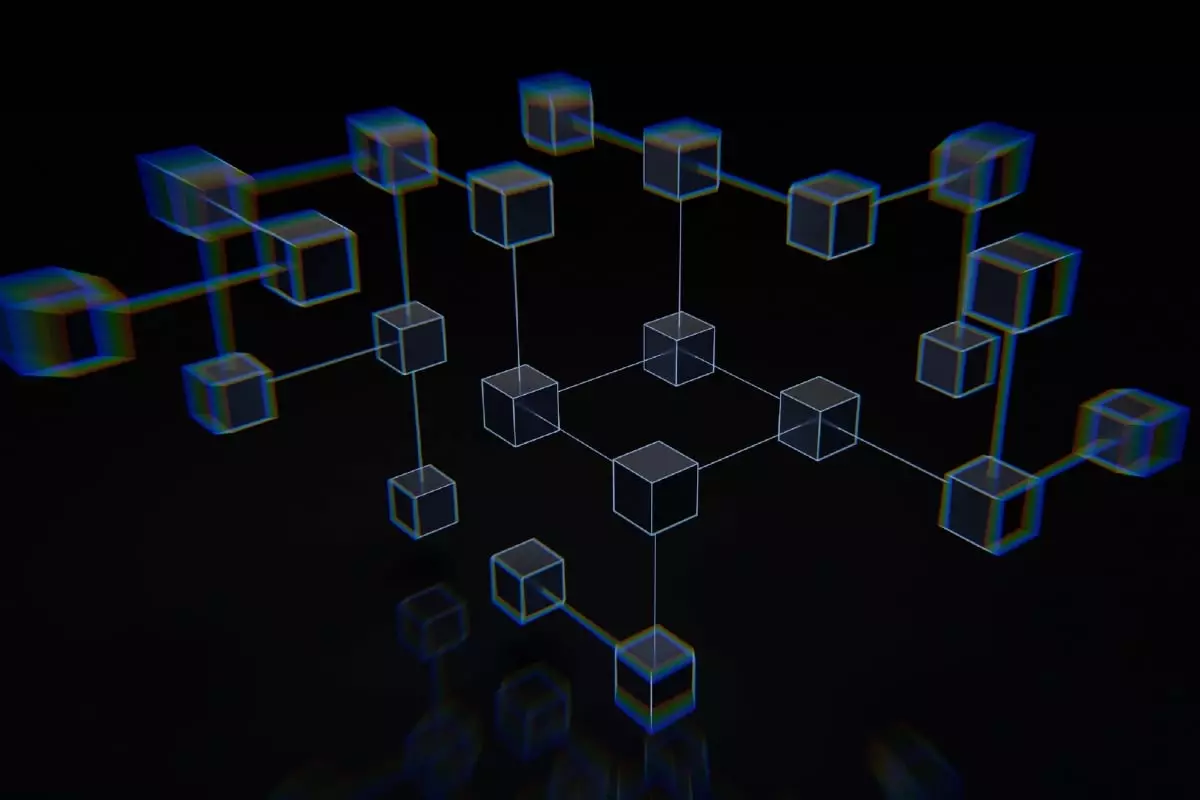Blockchain technology has been making waves across various industries, promising increased security, transparency, and efficiency in processes. In a bold move, IIT Madras has decided to explore the potential of blockchain in the governance sector by shifting its student election systems from traditional servers to blockchain.
Exploring Blockchain in Governance
The decision to incorporate blockchain technology in the student election process at IIT Madras is part of a larger initiative within a college club dedicated to blockchain-related research. Led by professors Prabhu Rajagopal and John Augustine, students are actively testing blockchain’s applications in voting and intellectual property protection. This move is not a mere gamble on cryptocurrency but rather a strategic pilot project to delve into the world of distributed ledger technology at a wider scale.
Benefits of Implementing Blockchain
Research and experiments conducted at IIT Madras have highlighted the potential benefits of blockchain in governance systems. By leveraging blockchain, the institute aims to significantly reduce costs associated with conducting and managing elections. The immutable nature of blockchain also ensures a verifiable and tamper-proof voting process, instilling trust and transparency in the electoral system.
While the adoption of blockchain technology in governance shows promise, there are challenges that need to be addressed. One major concern is the transaction speed of blockchain, which currently lags behind conventional systems. Improving transaction speeds and enhancing cybersecurity measures are essential for deploying blockchain on a larger scale. Additionally, managing the blockchain infrastructure for extensive databases may pose logistical challenges that require strategic planning.
Piloting Blockchain Solutions
In a proactive approach, IIT Madras has piloted a blockchain solution developed by Plenome, a startup led by Professor Prabhu Rajagopal and a team of blockchain enthusiasts. The goal is to simplify the voting process, make it more accessible to the stakeholders, enhance security, and reduce overall costs. Scaling up the use of blockchain in elections will undoubtedly present new challenges, but IIT Madras is determined to address them head-on.
The exploration of blockchain technology at IIT Madras extends beyond student elections. The institute is also spearheading efforts to draft policies for regulating the metaverse sector in India. By laying the groundwork for informed governance of emerging technologies, IIT Madras is positioning itself as a pioneer in the intersection of technology and governance.
The use of blockchain technology in governance has the potential to revolutionize traditional systems and usher in a new era of transparency and efficiency. The initiative undertaken by IIT Madras serves as a testament to the transformative power of blockchain in reshaping the future of governance.

Leave a Reply